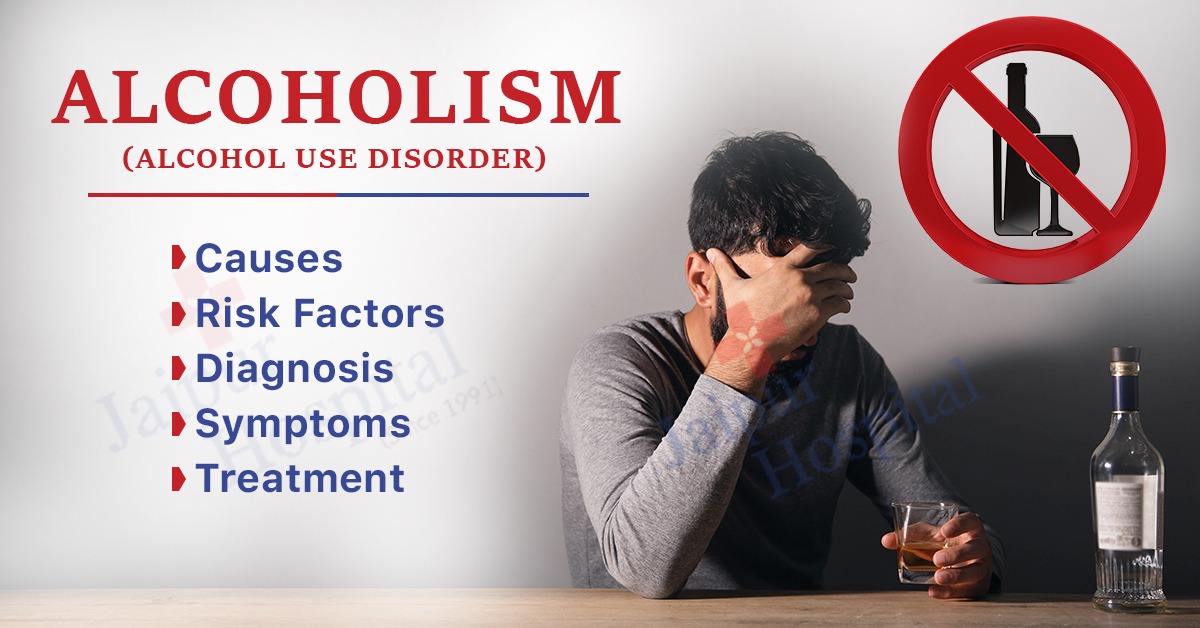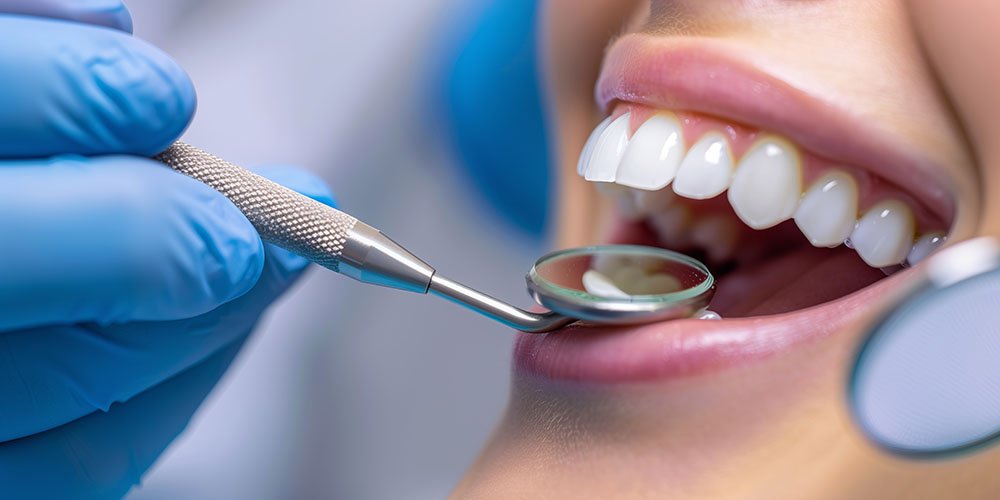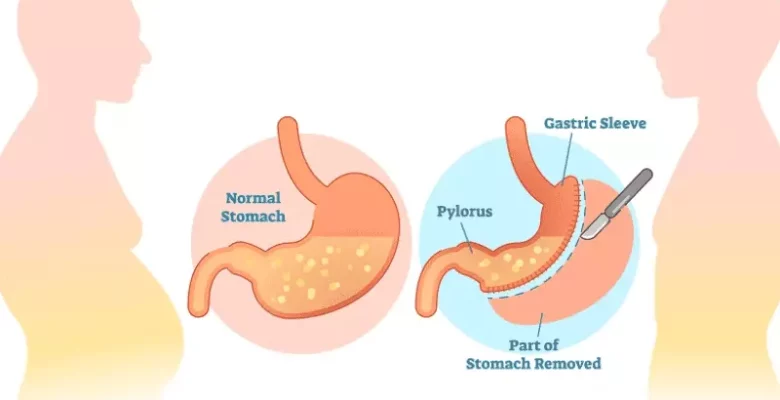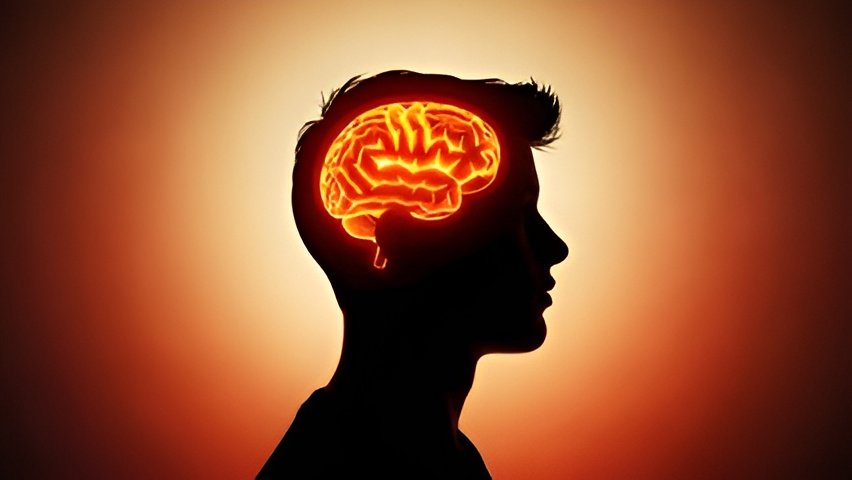Alcohol use disorder (AUD) often co-occurs with other mental health disorders, such as depression, anxiety, bipolar disorder, and post-traumatic stress disorder (PTSD). This dual diagnosis, also known as co-occurring disorders, presents unique challenges in alcohol use disorder treatment. Addressing both conditions simultaneously is essential for effective recovery.
Understanding Co-Occurring Disorders
The Relationship Between AUD and Mental Health Disorders: Co-occurring disorders are common because the factors that contribute to AUD, such as stress, trauma, and genetic predisposition, often overlap with those that lead to mental health issues. Additionally, alcohol use can exacerbate symptoms of mental health disorders, creating a vicious cycle that complicates treatment and recovery.
Common Co-Occurring Disorders:
- Depression: Chronic alcohol use can lead to or worsen depressive symptoms, and individuals with depression may use alcohol to self-medicate, increasing their risk of developing AUD.
- Anxiety: Anxiety disorders often co-occur with AUD. While alcohol might temporarily alleviate anxiety, it ultimately exacerbates anxiety symptoms and can lead to dependency.
- Bipolar Disorder: Individuals with bipolar disorder are at a higher risk of developing AUD. Alcohol use can intensify mood swings and make managing the disorder more challenging.
- PTSD: Trauma and PTSD are strongly linked to AUD. Individuals with PTSD may use alcohol to numb emotional pain, but this can lead to a cycle of dependency and worsening PTSD symptoms.
Effective Treatment Approaches for Co-Occurring Disorders
Integrated Treatment: The most effective approach for treating co-occurring disorders is integrated treatment, where both AUD and the mental health disorder are addressed simultaneously. This comprehensive approach ensures that all aspects of an individual’s health are considered and treated. A specialized treatment facility, such as a Malibu luxury alcohol rehab center, offers an ideal setting for implementing integrated treatment while providing a focus on luxury and personalized support.
Cognitive-Behavioral Therapy (CBT): CBT is a highly effective therapy for both AUD and various mental health disorders. It helps individuals identify and change negative thought patterns and behaviors, develop healthier coping strategies, and address the underlying causes of their conditions.
Dialectical Behavior Therapy (DBT): DBT is particularly useful for individuals with co-occurring disorders, such as borderline personality disorder and AUD. DBT combines cognitive-behavioral techniques with mindfulness practices to help individuals manage intense emotions, reduce self-destructive behaviors, and improve relationships.
Medication-Assisted Treatment (MAT): Medications can be crucial in managing both AUD and co-occurring mental health disorders. For AUD, medications like naltrexone, acamprosate, and disulfiram can help reduce cravings and prevent relapse. For mental health conditions, antidepressants, anti-anxiety medications, or mood stabilizers may be prescribed. Coordinated medication management ensures that both conditions are treated effectively.
Motivational Interviewing (MI): MI is a client-centered approach that enhances motivation to change by exploring and resolving ambivalence. It is particularly effective in the early stages of treatment, helping individuals commit to recovery and engage in the treatment process.
Trauma-Informed Care: For individuals with a history of trauma or PTSD, trauma-informed care is essential. This approach recognizes the impact of trauma on mental health and addiction and provides a safe and supportive environment for healing. Therapies such as Eye Movement Desensitization and Reprocessing (EMDR) can be effective in processing traumatic memories and reducing PTSD symptoms.
Support Groups: Peer support groups, such as Alcoholics Anonymous (AA), Dual Recovery Anonymous (DRA), and SMART Recovery, provide a sense of community and mutual support. These groups offer a safe space to share experiences, receive encouragement, and build connections with others facing similar challenges.
Holistic Therapies: Integrating holistic therapies, such as mindfulness meditation, yoga, and acupuncture, can enhance overall well-being and support recovery. These practices promote relaxation, reduce stress, and provide healthy outlets for emotional expression.
Family Therapy: Family involvement is crucial in the treatment of co-occurring disorders. Family therapy helps address family dynamics, improve communication, and build a supportive home environment. Educating family members about both conditions can foster understanding and support for the individual in recovery.
Relapse Prevention Planning: Developing a relapse prevention plan is essential for long-term success. This plan should include strategies for identifying and managing triggers, coping with stress, and seeking support when needed. Regular follow-ups with healthcare providers and continued participation in therapy and support groups help reinforce sobriety.
Steps to Implementing an Effective Treatment Plan
- Comprehensive Assessment: A thorough assessment by a multidisciplinary team is the first step in developing an effective treatment plan. This assessment should evaluate the severity of both AUD and the co-occurring mental health disorder, as well as any other relevant factors, such as medical history and social environment.
- Personalized Treatment Plan: Based on the assessment, a personalized treatment plan should be developed. This plan should integrate various therapeutic approaches, including CBT, DBT, MAT, and trauma-informed care, tailored to the individual’s unique needs and circumstances.
- Continuous Monitoring and Adjustment: Treatment plans should be continuously monitored and adjusted as needed. Regular follow-ups with healthcare providers ensure that the treatment remains effective and responsive to any changes in the individual’s condition.
- Building a Support Network: A strong support network is crucial for recovery. Encourage participation in support groups, involve family members in the treatment process, and connect with peer mentors or recovery coaches.
- Focus on Overall Well-Being: Addressing overall well-being is essential for successful recovery. Encourage healthy habits, such as regular exercise, balanced nutrition, adequate sleep, and stress management techniques.





